A slab foundation?
downsouth
17 years ago
Featured Answer
Sort by:Oldest
Comments (57)
kellyeng
17 years agoHappyladi
17 years agoRelated Discussions
stem wall with slab foundation
Comments (11)Thank you for all the responses. So it sounds like I need to look more specifically at our climate. Yes basements are common here and I don’t like them. I would have liked a walkout as I said but a traditional basement not so much. Growing up with them all they have been used for is storage and laundry, I want my laundry on main floor. Dark stinky and cold is what most here are like that I have been in unless they were walkouts, granted they are mostly older homes. There are a handful of recent builds on our lake that have used a slab foundation but must have walkout basements as they are on sloping lots. Our lot slopes but it’s closer to the road, we have a very long lot compared to most on our lake. I don’t need the space of a basement for storage so I don’t really think I would use it....See MoreCracks in Slab Foundation
Comments (5)I'd still alert the builder and see what they say. I would document and monitor the situation and do something to mitigate any water situation. Cracks with water expand and contract and that is never a good thing....See MoreHow to find existing plumbing in or under slab foundation?
Comments (2)There are businesses that “trace the plumbing lines”. I recommend hiring one of them. Your need is very common in areas with similar construction. If this is not DIY, I recommend allowing the business you hire to do the work hire the subcontractors....See More12 vs 18 inch slab foundation above grade
Comments (2)How many times are you planning on asking the same question in different threads?...See Morechisue
17 years agoHappyladi
17 years agodevorah
17 years agoquirkyquercus
17 years agodisneyrsh
17 years agokittiemom
17 years agolynne_melb
17 years agodownsouth
17 years agodisneyrsh
17 years agolynne_melb
17 years agoGoodOleBoy
17 years agodisneyrsh
17 years agodownsouth
17 years agolazypup
17 years agomfbenson
17 years agobluesbarby
17 years agodisneyrsh
17 years agonewjerseybt
17 years agoNancy in Mich
17 years agosassymnmom
17 years agobluesbarby
17 years agomar_cia
17 years agobrickeyee
17 years agoNancy in Mich
17 years agosaphire
17 years agomark123_2007
17 years agoLinda
17 years agomark123_2007
17 years agomarys1000
17 years agoLinda
17 years agoLinda
17 years agotrying2buy
17 years agomark123_2007
17 years agoLinda
17 years agomacbirch
17 years agolowspark
17 years agokat123
17 years agocpowers21
17 years agoLinda
17 years agojy_md
17 years agomacbirch
17 years agosaphire
17 years agolisaharmonygardener
13 years agotmsquared
9 years agoUser
9 years agomary_md7
9 years agozippity1
9 years ago
Related Stories
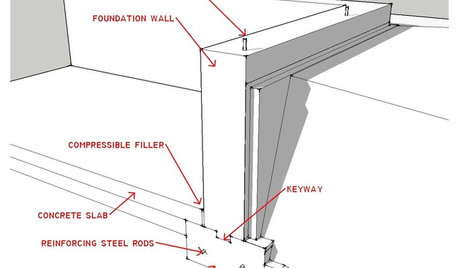
ARCHITECTUREKnow Your House: What Makes Up a Home's Foundation
Learn the components of a common foundation and their purpose to ensure a strong and stable house for years to come
Full Story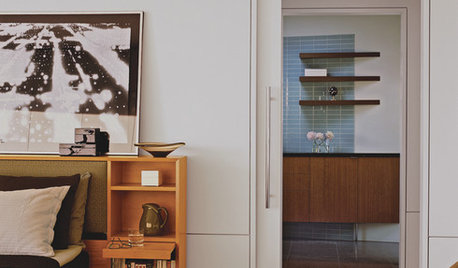
ARCHITECTUREThe Truth About 'Simple' Modern Details
They may look less costly and easier to create, but modern reveals, slab doors and more require an exacting hand
Full Story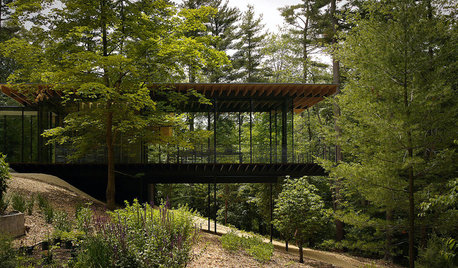
ARCHITECTUREHow Will Your New House Meet the Ground?
The choices you make early on affect the whole project. Here’s how to make your house beautiful from the foundation up
Full Story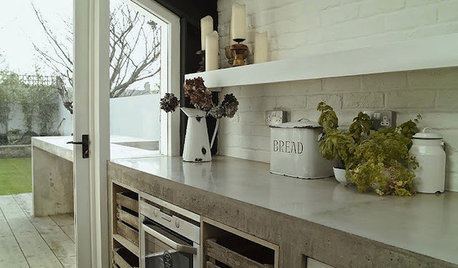
KITCHEN COUNTERTOPSKitchen Counters: Concrete, the Nearly Indestructible Option
Infinitely customizable and with an amazingly long life span, concrete countertops are an excellent option for any kitchen
Full Story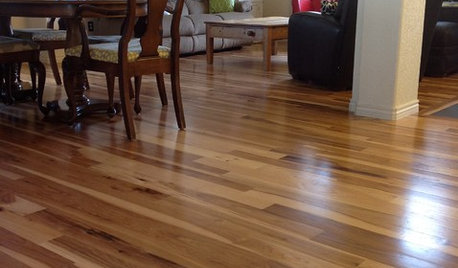
MATERIALSWhat to Ask Before Choosing a Hardwood Floor
We give you the details on cost, installation, wood varieties and more to help you pick the right hardwood flooring
Full Story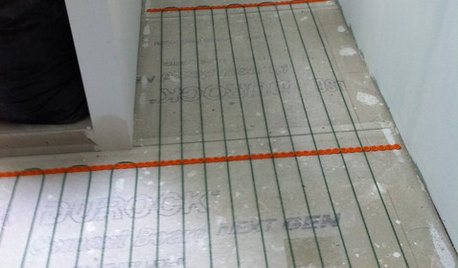
BATHROOM DESIGNWarm Up Your Bathroom With Heated Floors
If your bathroom floor is leaving you cold, try warming up to an electric heating system
Full Story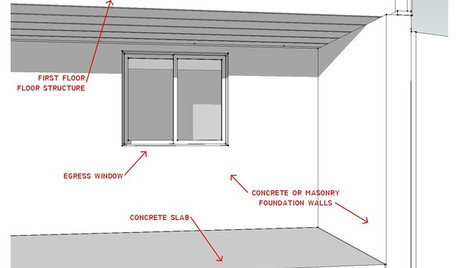
REMODELING GUIDESKnow Your House: The Steps in Finishing a Basement
Learn what it takes to finish a basement before you consider converting it into a playroom, office, guest room or gym
Full Story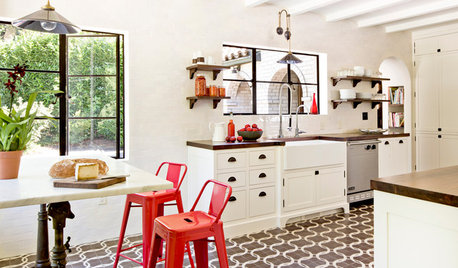
REMODELING GUIDESWhat to Know Before You Tear Down That Wall
Great Home Projects: Opening up a room? Learn who to hire, what it’ll cost and how long it will take
Full Story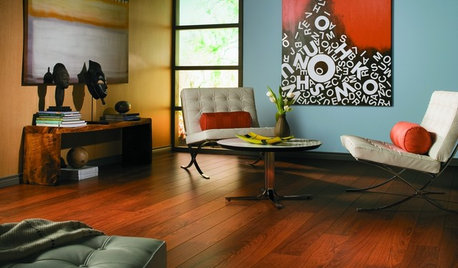
REMODELING GUIDESLaminate Floors: Get the Look of Wood (and More) for Less
See what goes into laminate flooring and why you just might want to choose it
Full Story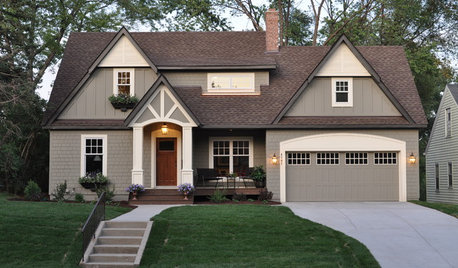
Houzz Call: Show Us Your Paint Makeovers
Let your newly repainted house or room do the "How d'ya like me now?" strut right here — it might just be featured in an upcoming ideabook
Full Story




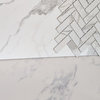
Nancy in Mich